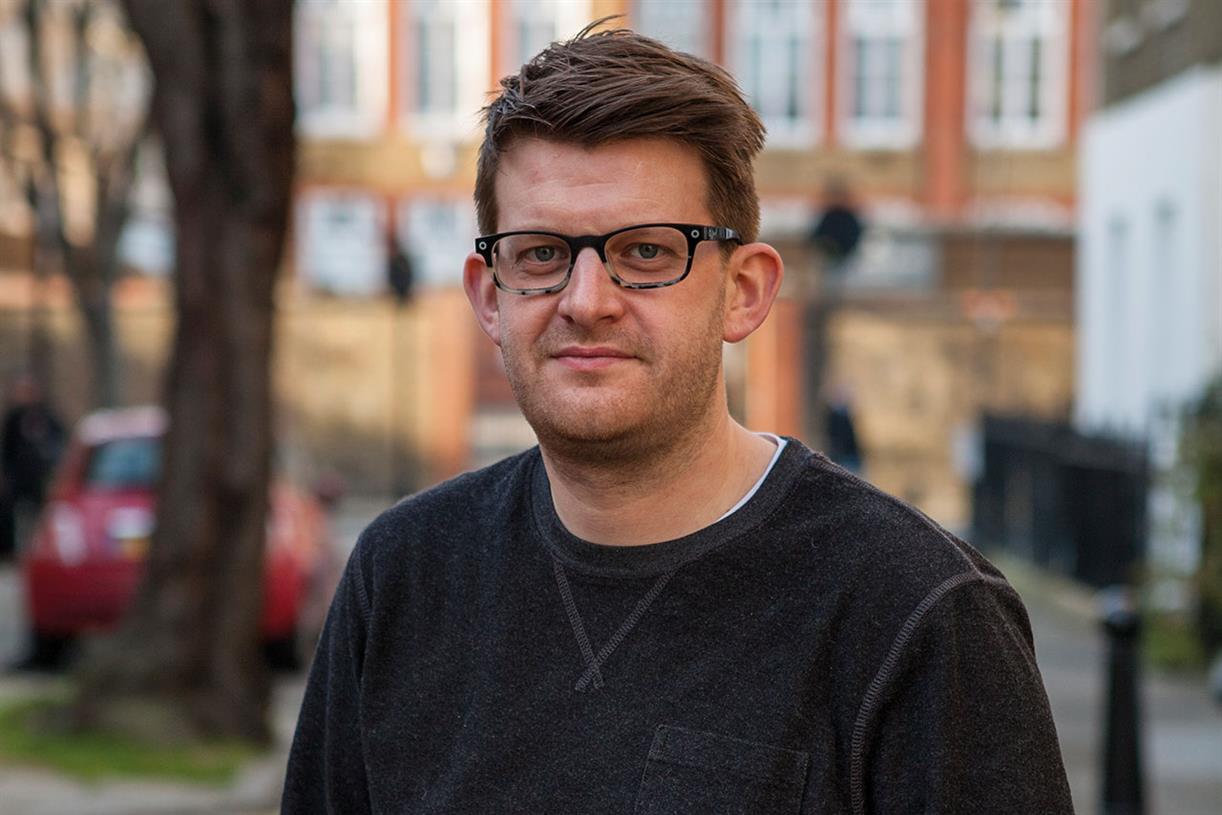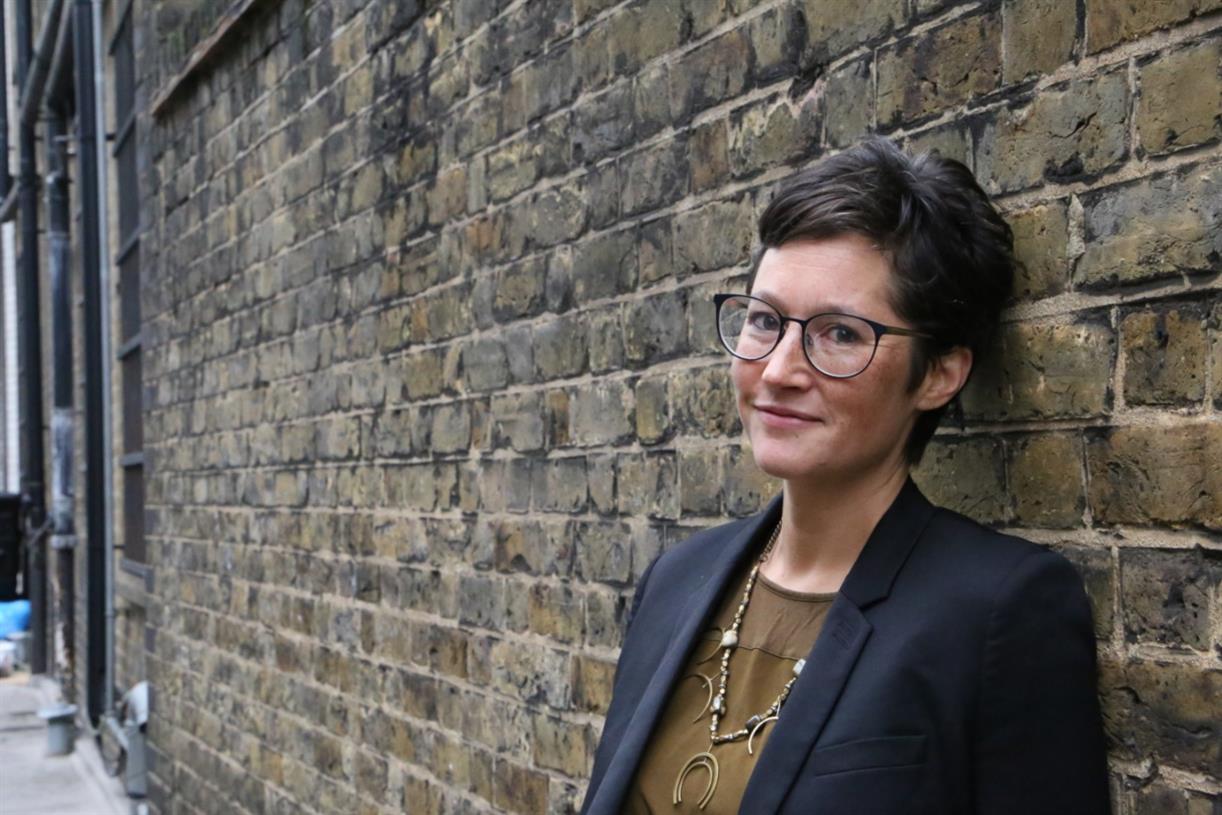McDonald's new threat in Russia? Loss of reputation
The Kremlin is considering lifting restrictions on trademarks for companies that have stopped doing business in Russia. That means it could reopen McDonald's stores and sell products that don't live up to the Chicago company's standards.

McDonald’s is facing another reputational threat in Russia, as the government there considers lifting restrictions on trademarks for companies that have stopped doing business there.
Russia’s Ministry of Economic Development last week said it was considering such a move, according to state media. Already, it has essentially legalized patent theft from those affiliated with “unfriendly” countries, the Washington Post reports.
The change on trademarks could mean that Russia might reopen some of the 847 McDonald’s restaurants in the country, which the Chicago-based company temporarily closed this week amid the war in Ukraine. They could sell burgers branded as Big Macs, for example, but it would not be the same food.
As such, McDonald’s is facing down a debacle that has the potential to unravel 30 years of brand-building in the country.
“If the Russian law change goes into effect and those restaurants reopen, the McDonald’s product itself will be different than how McDonald’s—the company and the trademark owner—intends that mark to be used,” said Michael Palmisciano, an intellectual property lawyer in New York. “If the quality of the product has changed in any way, that weakens the brand.”
Though intellectual property regulations vary by country, the global body of trademark laws is typically highly regarded, respected and recognized under international treaties, Palmisciano said. It relies on cooperation and is somewhat central to promoting free and fair trade throughout the world.
Typically, trademark laws in each country give additional protection to famous brands. That means McDonald’s rights to its trademark “are basically unimpeachable throughout the world,” he said.
When McDonald’s CEO Chris Kempczinski announced the Russian locations would close earlier this week, he said it was “impossible” to know when they might reopen. Here, too, it is difficult to say how wide-reaching the impact of lifted trademark restrictions might be on the brand.
McDonald’s opened its first location in the then-Soviet Union in Moscow’s Pushkin Square in January 1990. The Iron Curtain had barely hit the floor, and tens of thousands of people lined up for hours to get their first taste of the West. As such, experts say the Golden Arches have become a proxy of America and globalization.
Some had predicted McDonald’s might fall victim to anti-American sentiment even before Russian President Vladimir Putin invaded Ukraine more than two weeks ago. The company shut down its 108 stores in Ukraine in short order after the war began, but it held on to its Russian stores even amid mounting pressure.
Sales at those locations in both countries represent about 9% of the company’s overall revenue, so closing them was a hit to the company's top line. McDonald’s continues to pay the salaries of its workers in Ukraine and its 62,000 Russian employees. Executives have since said the company will lose $50 million each month the Russian stores are closed.
Experts have wondered how long it might take McDonald’s to regain Russian consumer trust once—and if—it reopens its locations in the country, 84% of which are company owned. If Russia does lift trademark restrictions, that question is further complicated.
If the stores reopen and serve food that is not up to McDonald’s standards, customers might not know why the quality has gone downhill, depending on how much access to the news they have, Palmisciano said. The confusion could continue if and when McDonald’s reopens its stores, or takes control of them again.
“All the customers (will ask), ‘What are we going to get?’” he said. “’Are we back to where we were for decades before the war with the consistent product every time, or is it irreparably changed?”
The threat stands for other companies that have suspended imports into Russia, as well.
McDonald’s representatives did not respond to requests for comment.
Ally Marotti is a reporter for Crain's Chicago Business

 ValVades
ValVades 
































